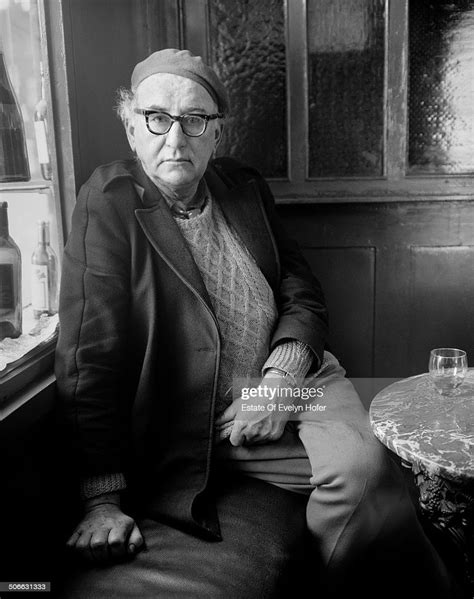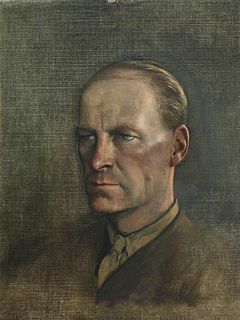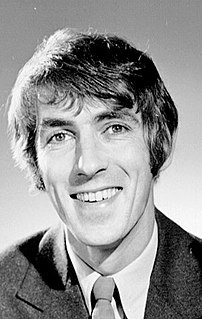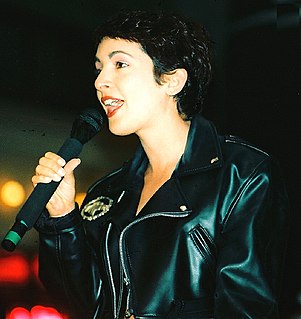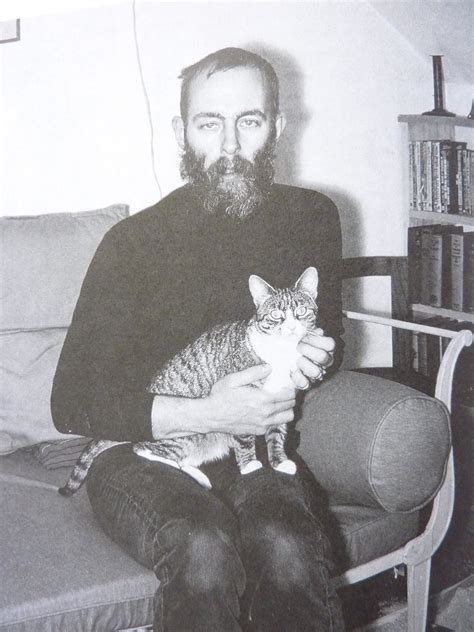A Quote by Patrick Kavanagh
The exciting quality about Joyce is that when you read him, you are not told of the large public issues that were agitating the minds of politicians and journalists on those days. Joyce is interested in the mind of a man who has put five shillings on a horse.
Related Quotes
I've been working hard on [Ulysses] all day," said Joyce. Does that mean that you have written a great deal?" I said. Two sentences," said Joyce. I looked sideways but Joyce was not smiling. I thought of [French novelist Gustave] Flaubert. "You've been seeking the mot juste?" I said. No," said Joyce. "I have the words already. What I am seeking is the perfect order of words in the sentence.
To live with the work and the letters of James Joyce was an enormous privilege and a daunting education. Yes, I came to admire Joyce even more because he never ceased working, those words and the transubstantiation of words obsessed him. He was a broken man at the end of his life, unaware that Ulysses would be the number one book of the twentieth century and, for that matter, the twenty-first.
The censors have always had a field day with James Joyce, specifically with 'Ulysses,' but also with his other writings. The conventional wisdom is that this is because of sexually explicit passages (and there certainly are those). I have always thought that what the critics hated and feared about Joyce is his cry for human freedom.
Mann and Joyce are very different, and yet their fiction often appeals to the same people: Harry Levin taught a famous course on Joyce, Proust, and Mann, and Joseph Campbell singled out Joyce and Mann as special favorites. To see them as offering "possibilities for living", as I do, isn't to identify any distinctive commonality. After all, many great authors would fall under that rubric.
A friend came to visit James Joyce one day and found the great man sprawled across his writing desk in a posture of utter despair. James, what’s wrong?' the friend asked. 'Is it the work?' Joyce indicated assent without even raising his head to look at his friend. Of course it was the work; isn’t it always? How many words did you get today?' the friend pursued. Joyce (still in despair, still sprawled facedown on his desk): 'Seven.' Seven? But James… that’s good, at least for you.' Yes,' Joyce said, finally looking up. 'I suppose it is… but I don’t know what order they go in!
Overt intelligent performances are not clues to the workings of minds; they are those workings. Boswell described Johnson's mind when he described how he wrote, talked, ate, fidgeted and fumed. His description was, of course, incomplete, since there were notoriously some thoughts which Johnson kept carefully to himself and there must have been many dreams, daydreams and silent babblings which only Johnson could have recorded and only a James Joyce would wish him to have recorded.
I saw an advertisement the other day for the secret of life. It said "The secret of life can be yours for twenty-five shillings. Sent to Secret of Life Institute, Willesden." So I wrote away, seemed a good bargain, secret of life, twenty-five shillings. And I got a letter back saying, "If you think you can get the secret of life for twenty-five shillings, you don't deserve to have it. Send fifty shillings for the secret of life."
Every publisher or agent I've ever met told me the same thing - that Irish readers don't want to read about the bad old days of the Troubles; neither do the English and Americans - they only want to read about the Ireland of The Quiet Man, when red-haired widows are riding bicycles and everyone else is on a horse.
